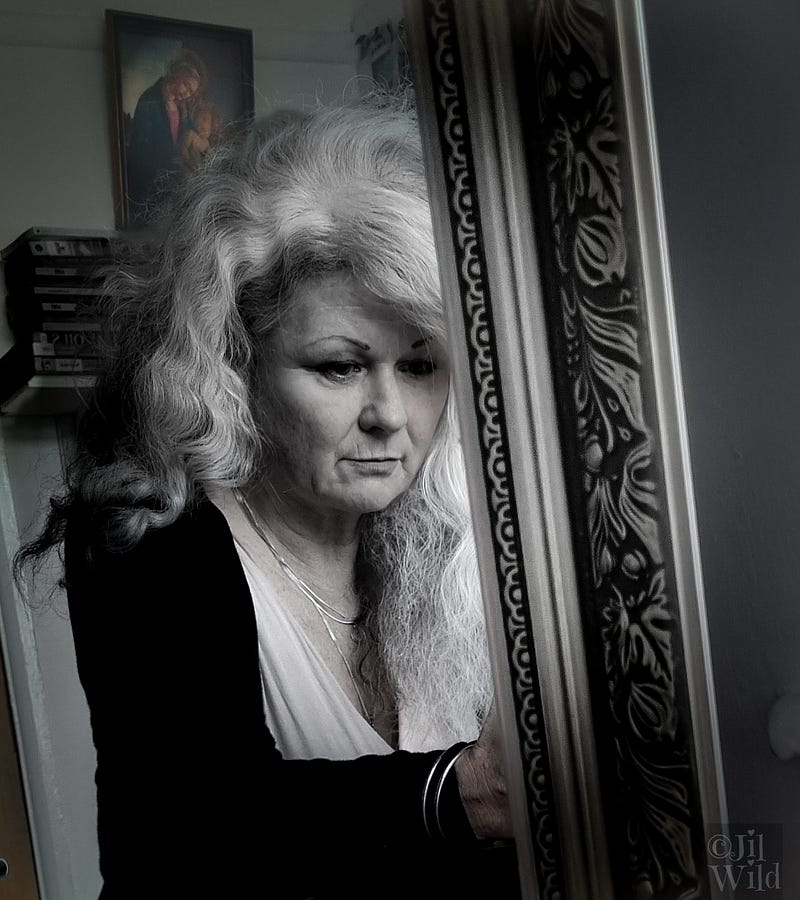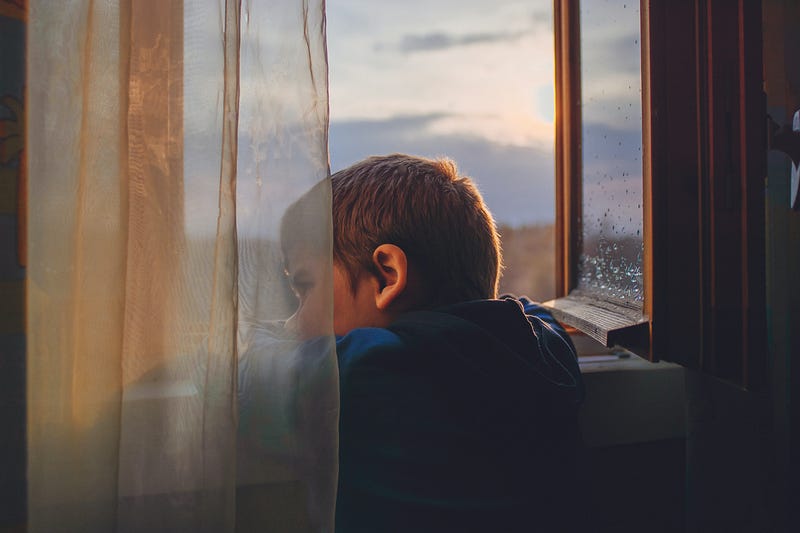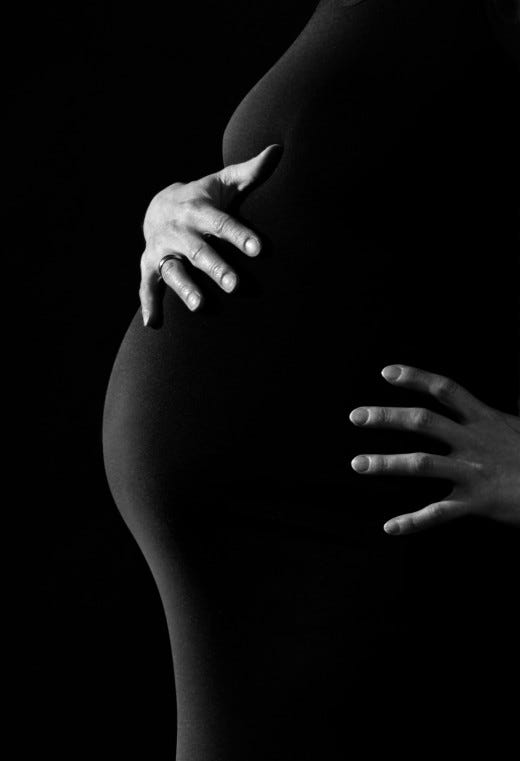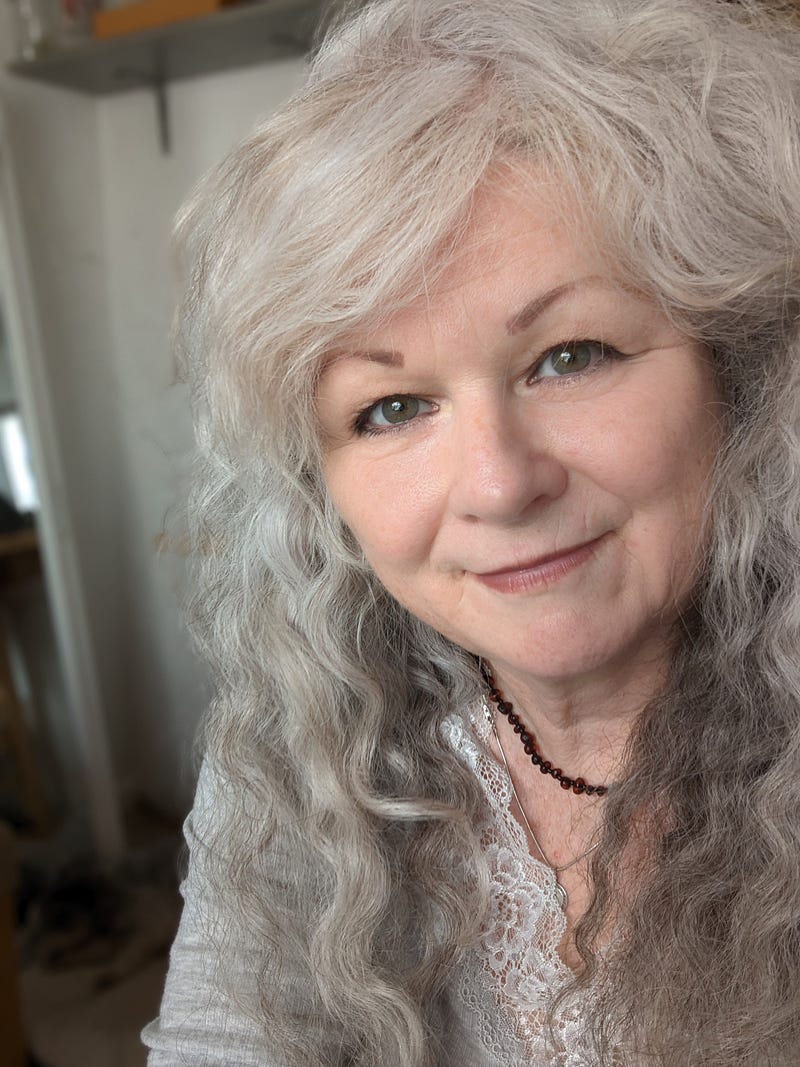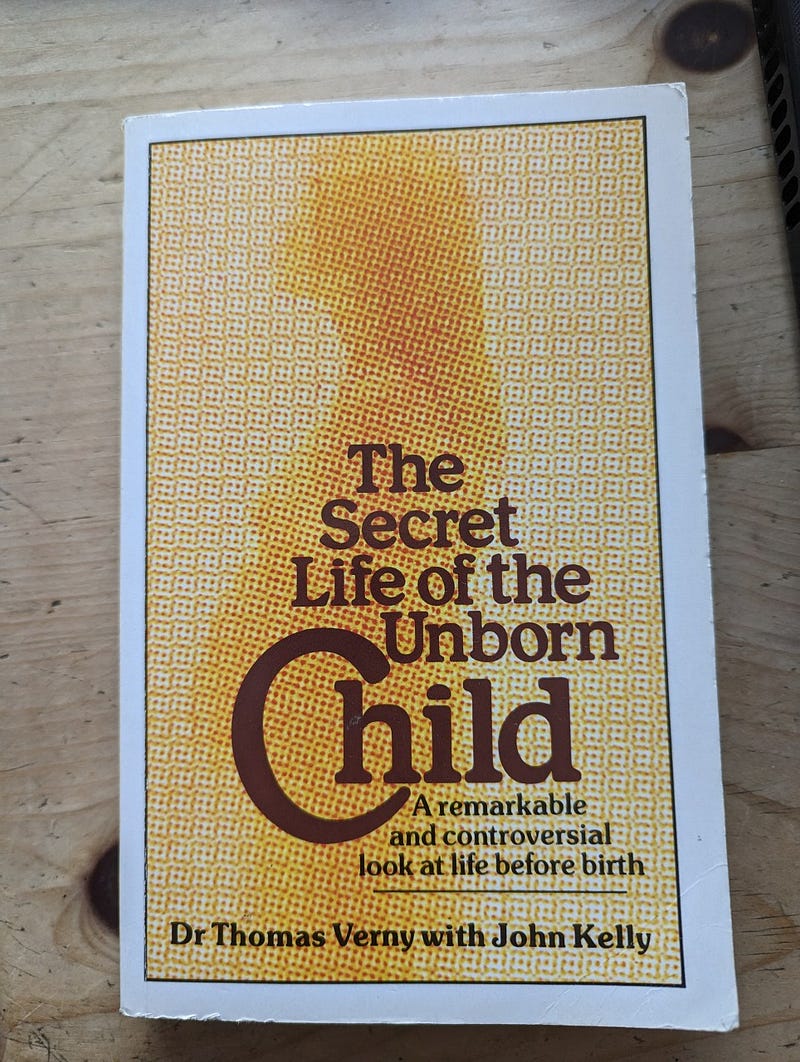Adopted? What’s Your Problem?
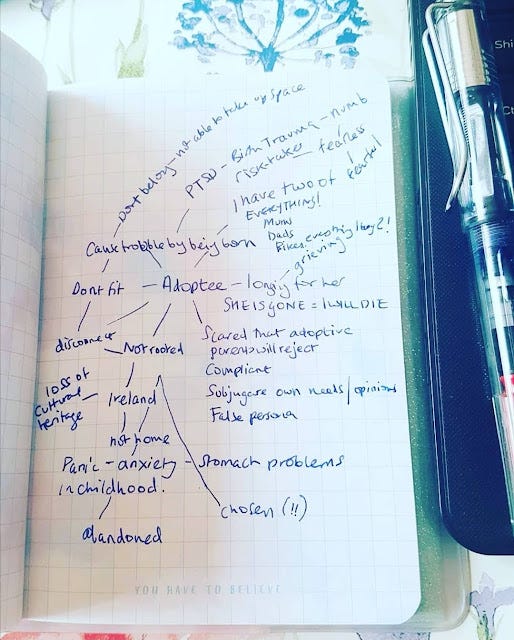
“I mean, you had a great childhood, didn’t you?”
Yes, I did have a great childhood. It was a little strange, admittedly, for one reason and another. My adoptive parents were late to the parenthood party and had been refused permission to adopt by our local authority, but managed to circumvent this when someone my adoptive father’s Italian uncle knew suddenly had a baby going spare.
My adoptive parents were Victorian in outlook. They had relocated from London’s East End where both grew up in varying degrees of poverty and wartime difficulty, to leafy Sussex where they felt like a pair of fish out of water. They were old enough to be my grandparents, but they were kindly, caring, and I had a clean bed and bread on the table. My childhood was lonely, but offered the sense of safety that I needed. My teenage years were sometimes very difficult, like those of a lot of adopted and non-adopted people alike. The problems I experienced followed me in to my twenties. So in reply to this most frequent of responses to mention of my status as an adoptee and the effect this has on my life, yes, I had a good childhood.
I mustn’t be unkind. I often struggle to make a sensitive response when someone springs something like this on me in conversation, but honestly if I had a pound for every time someone made this kind of comment I’d be typing this from my beach on my private island by now.
Other variations on this kind of comment run like this:
“Its not like you can remember your mother or recall her leaving you can you?”
“Life was very hard for women in the 1960’s you know”
“You had a mother figure didn’t you?”
“Nice to feel that you were chosen, special…”
“Ooh…so interesting…have you ever tried to….(Don’t go there unless you have the time and capacity in this conversation to go there. And you don’t. So just don’t)
“My friend/hairdresser/cousin/whomever was adopted and it didn’t affect them at all.”
It’s hard work having to hear these kinds of remarks when you tell people that you’re adopted, and it can be challenging to formulate a reply that informs the other person, honours your own integrity whilst being appropriate to the setting, which is often meeting a new person in a social situation.
There are things I really want to say, and a howl of pain that wants to escape from my chest to express the intimate and raw place in my self that we are now speaking so casually about. Rather than smiling and passing the canapes what I really want to say is:
“No, I didn’t have a ‘mother-figure’ growing up…I had a mum. In fact, I had two. One who raised me and one who birthed me. I honour, thank and love them both. Lucky me. Did being relinquished by one woman into the care of another have an affect on me, even though I can’t consciously recall the details?
OF COURSE IT DID!! And still does.
No, my cognitive brain has no memory of my birth, any more than yours does of your own arrival on the planet. But my body, my cells, my being, remembers. More than remembers, the trauma was literally built into my being. My nervous system remembers being set to ‘high anxiety’ and ‘fight, flight, freeze, fawn’.
Babies are already bonded to the person they have spent their entire life inside of.
Yes, life was incredibly hard for my dear birth mum at the time of my conception, carrying me, birthing me and then relinquishing me. And then, I would imagine, the really hard part came…trying to live her life alongside her loss of me.
It was brutal for all women who found themselves to be in her situation, and incredibly, it still is for women all over the world. Our world leaders still can’t grasp the fact that reproductive rights are human rights. It was hard for both of us, and the effect of those hard times was devastating…for both of us. I lived it with her, in her.
Am I really lucky because I was chosen? Do you really think it was that ‘nice’ to be available to be chosen…like a commodity, a product? To face the possibility that I might have been NOT chosen? For some spurious reason like the colour of my skin, hair, whether I was crying or not, whether I appeared acceptable and attractive, at the most devastating and helpless vulnerable time in my life?
And those beautiful people who did choose me, what a crushing weight of gratitude I owe them for my life, how careful I was to not put a step out of place, to never express my own inner thoughts and visceral, all-consuming desires. Not because they weren’t receptive or understanding, but because of relinquishment trauma.”
That’s what my soul longs for people to understand, but it’s not really the kindest reply to an innocent comment. People generally mean no harm, they’re just seeking to understand something they might never have had to think about before. They might be seeking to understand me, or maybe they’re feeling anxious and just making what they think is easy conversation about an ‘interesting’ subject. They haven’t realised that they are digging around inside the most painful place. And us, the adoptees, the experts, even we can’t offer a succinct and palatable summary, tied up with a bow, suitable for such chit-chat. It’s too deep, too unfathomable, our culture has no language for this loss.
We are transported back in our nervous systems to fight or flight or in my case, usually freeze. The nervous and emotional dysregulation follows, unless I can catch it first and talk myself down, soothe myself.
It can be a lot.
Under the surface of a fortunate and blessed life, it is a lot. Always. Look after yourselves, my dear fellow adoptees, whatever that looks like to you. And if you don’t know what that looks like, start with getting some good sleep. Rest, exercise, good nutrition. Do stuff you enjoy. Get out into nature, or look up at the stars. Get some help, someone competent to handle abandonment trauma, or someone you trust to talk to. Stop medicating your anxiety with alcohol, it doesn’t help in the long run, in fact it makes anxiety worse.
Step at a time.

